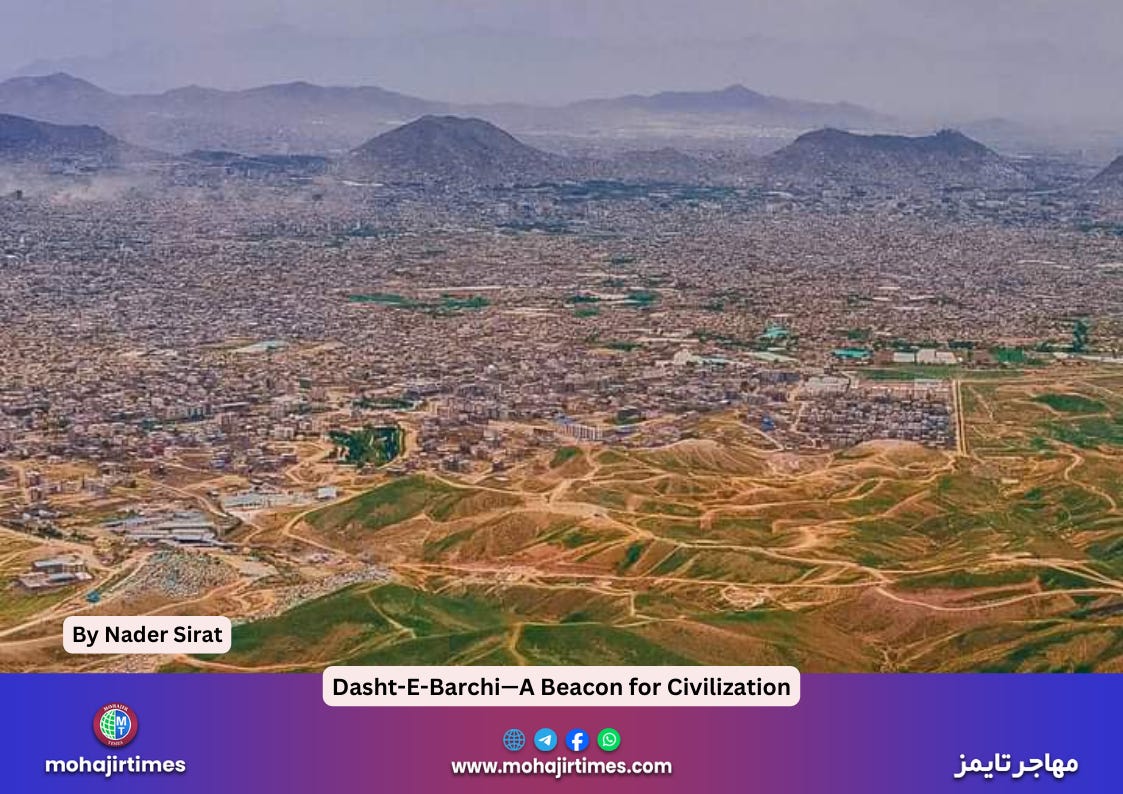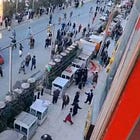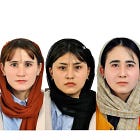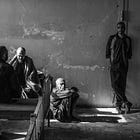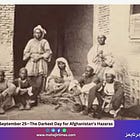Dasht-E-Barchi—A Beacon for Civilization
The TUTAP project was an opportunity for them to claim their rights, led by a group of civil, political, and social activists seeking to restore the long-lost rights of these families
By Nader Sirat
Dasht-e Barchi is a city of civilization. Every street and alley echoes the voice of progress, with cultural hubs spread throughout. It’s a city that has resisted tyranny and fanaticism, refusing to succumb to extremist oppression. Books are cherished more than anything, and the signs of educational institutions stand tall at the entrance of every lane.
The streets of Resalat, Café Azar, and Café Bahar Sarab—are all reflections of this civilizational spirit. These places have been, and continue to be, venues for social, cultural, and even political discussions. Books and notebooks are defining features of these spaces. In Barchi, books are exchanged more than anything else. Language institutes, art schools, painting classes, public speaking skills workshops, and more are the most prominent features of Dasht-e Barchi, and denying their presence is impossible.
Other Kabul residents have learned the ways of civic life from Barchi and recognize it as a center of modernity. The civil movements that have taken place here, especially in recent years, have showcased the city’s peaceful and civil character more than ever before. In all the decades since the democratic reign of Amanullah Khan in Afghanistan, these movements have been unparalleled and have stood out as the pinnacle of civil activism.
Post-1990s, we witnessed two extraordinary civil and popular movements: The Tabassum Movement and Enlightenment Movements. Both were born from the heart of Dasht-e Barchi and significantly impacted the ruling government, compelling it to respond. The Enlightenment Movement emerged from the people’s demands for social justice and was a full-fledged pursuit of justice. It defended the rights and lives of families who, for many years, lived on the fringes of this country in darkness and hardship, neglected by the government.
The TUTAP project was an opportunity for them to claim their rights, led by a group of civil, political, and social activists seeking to restore the long-lost rights of these families. Unfortunately, they faced resistance from specific corrupt government figures. Yet, the ideological foundation of this movement was rooted in Dasht-e Barchi, aiming to bring about social justice and provide light and hope to countless families.
The Tabassum Movement also emerged from the streets of Dasht-e Barchi and evolved into a massive public march. When we speak of civil movements, Barchi stands at the forefront of all places in Kabul, Afghanistan. Although the constitutional movements during the reign of Habibullah Khan were also a form of civil action aimed at restoring rights, the difference lies in their hidden nature, whereas today’s movements are public and widespread.
During the constitutional movement, a limited number of enlightened individuals gathered to curb the harsh and rigid powers of the Amir. Sadly, they faced challenges, and many were forced to flee or were destroyed. However, the movements that emerged from Dasht-e Barchi, despite being suppressed and witnessing the loss of lives and martyred, never abandoned their pursuit of justice. They fought for their rights, planting the seeds of freedom in the hearts of many people in this land, and they institutionalized civilization.
In conclusion, beyond the outcomes of the first and second constitutional movements and the civil movements of Kabul in the 1990s, Dasht-e Barchi remains a cradle for critical thought and the birthplace of social justice. No place in Kabul has strived for civility and modernization as much as Barchi and no place will do so in the future if the opportunity arises. Nowhere in this sorrowful land, covered in the dust of despair, does the hope for a civilized future remain, except in Barchi, where it still thrives. The intellectual havens at the entrance or end of each alley are symbols of a critical stance against injustice and represent civilization through knowledge.
Even today, the heartbeat of civilization can still be felt in Dasht-e Barchi, and the pen of knowledge continues to write on the pages of history about justice and fairness. In my belief, in a society where the pen does not cease to write, and critical thinking against oppression and tyranny is not silenced—no matter how much darkness has piled up and how high the tyranny has risen—one day, this pen and this civil thought will rise like fire from beneath the ashes, burning down the house of oppression. Dasht-e Barchi is one such place that will one day crack open the stronghold of injustice and bring it to ruins.




